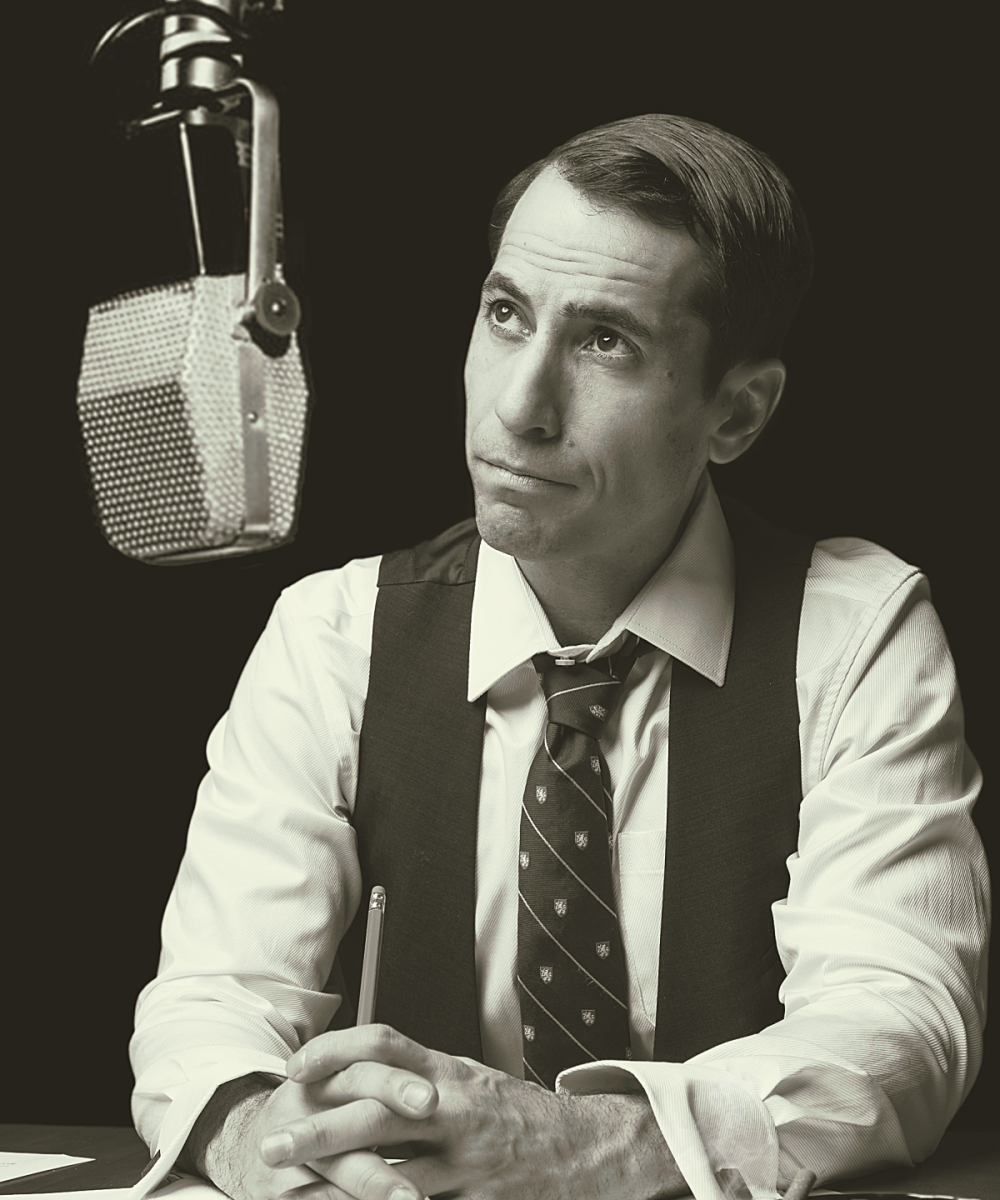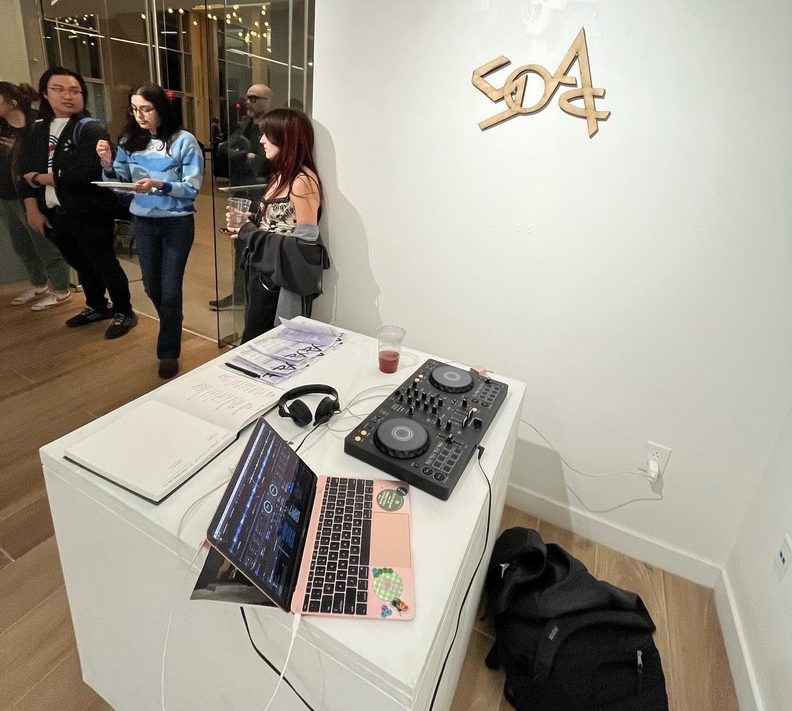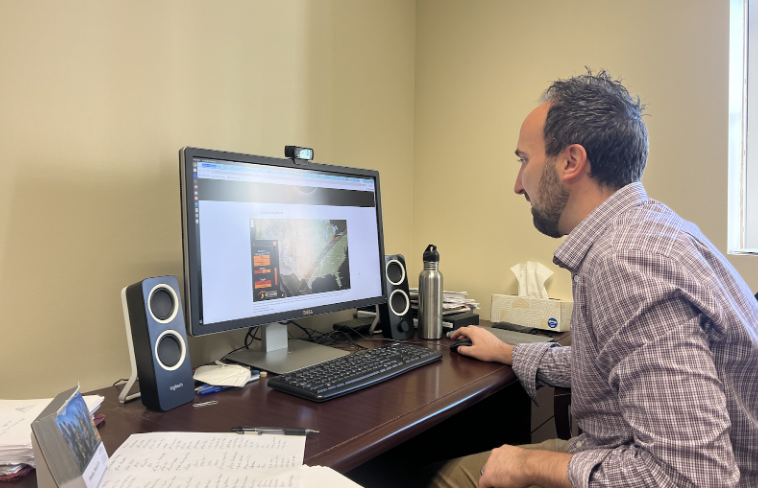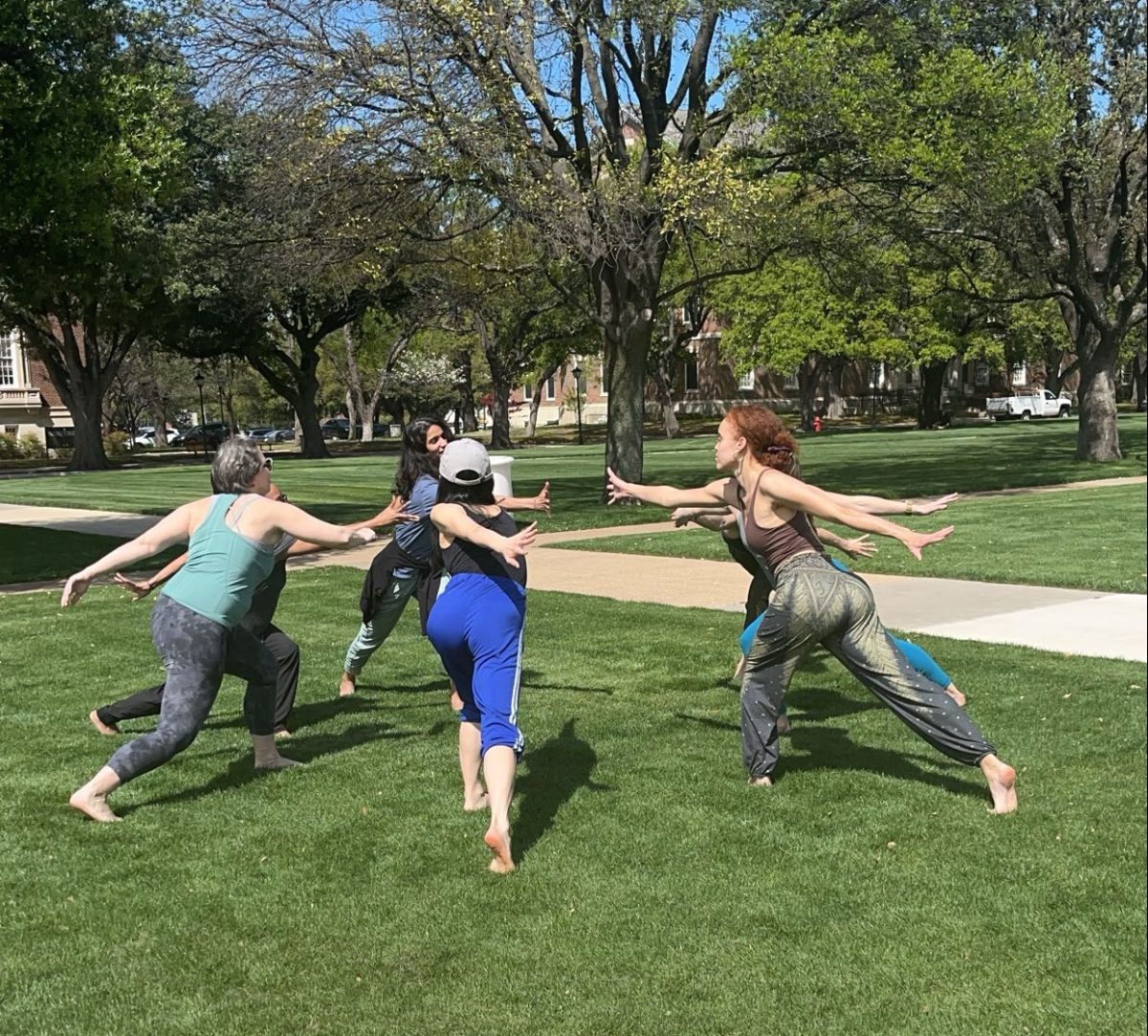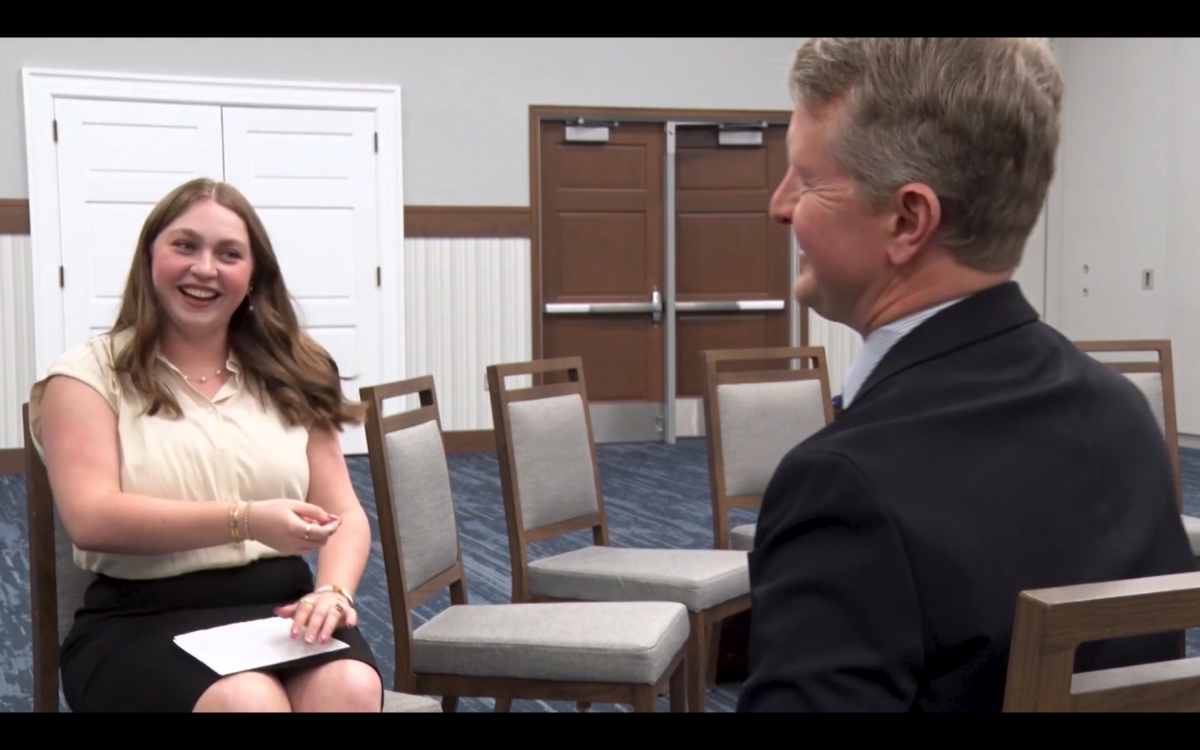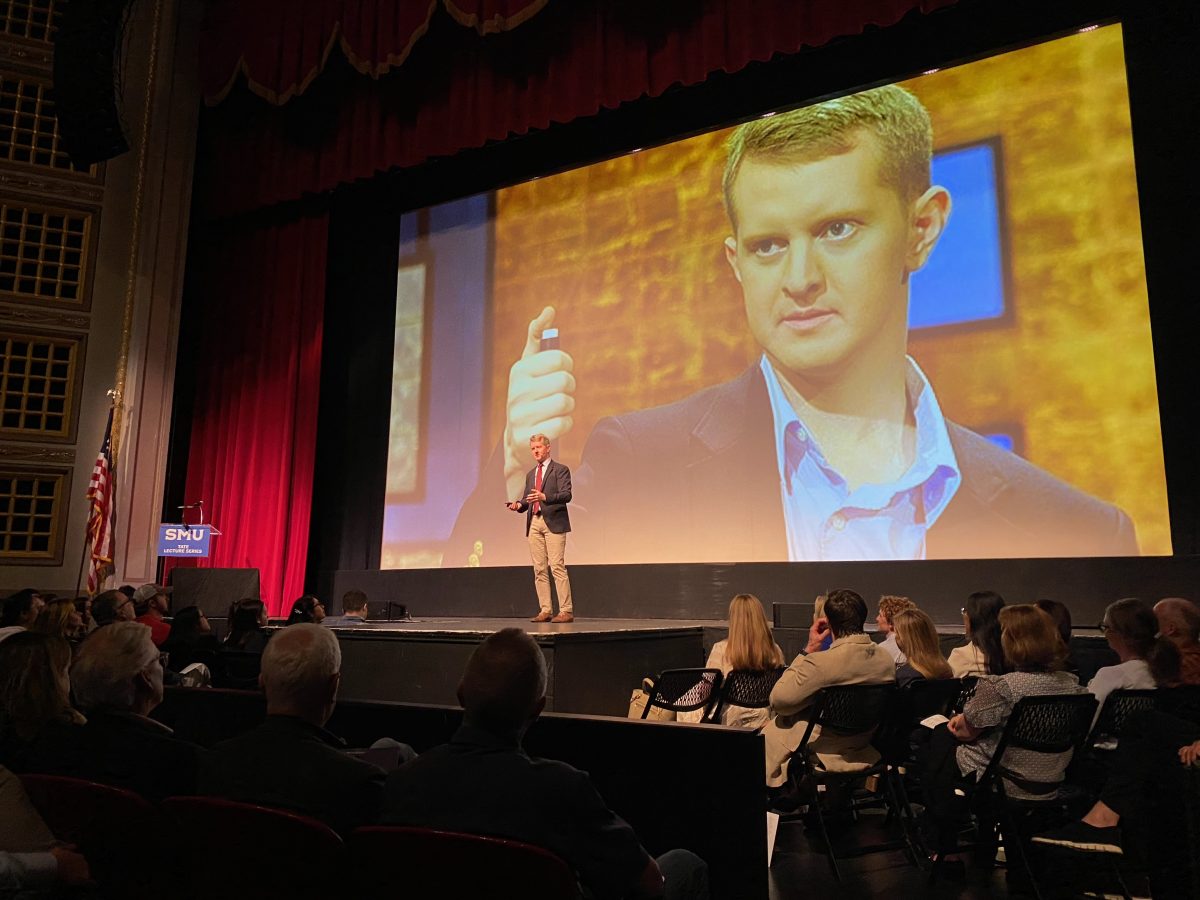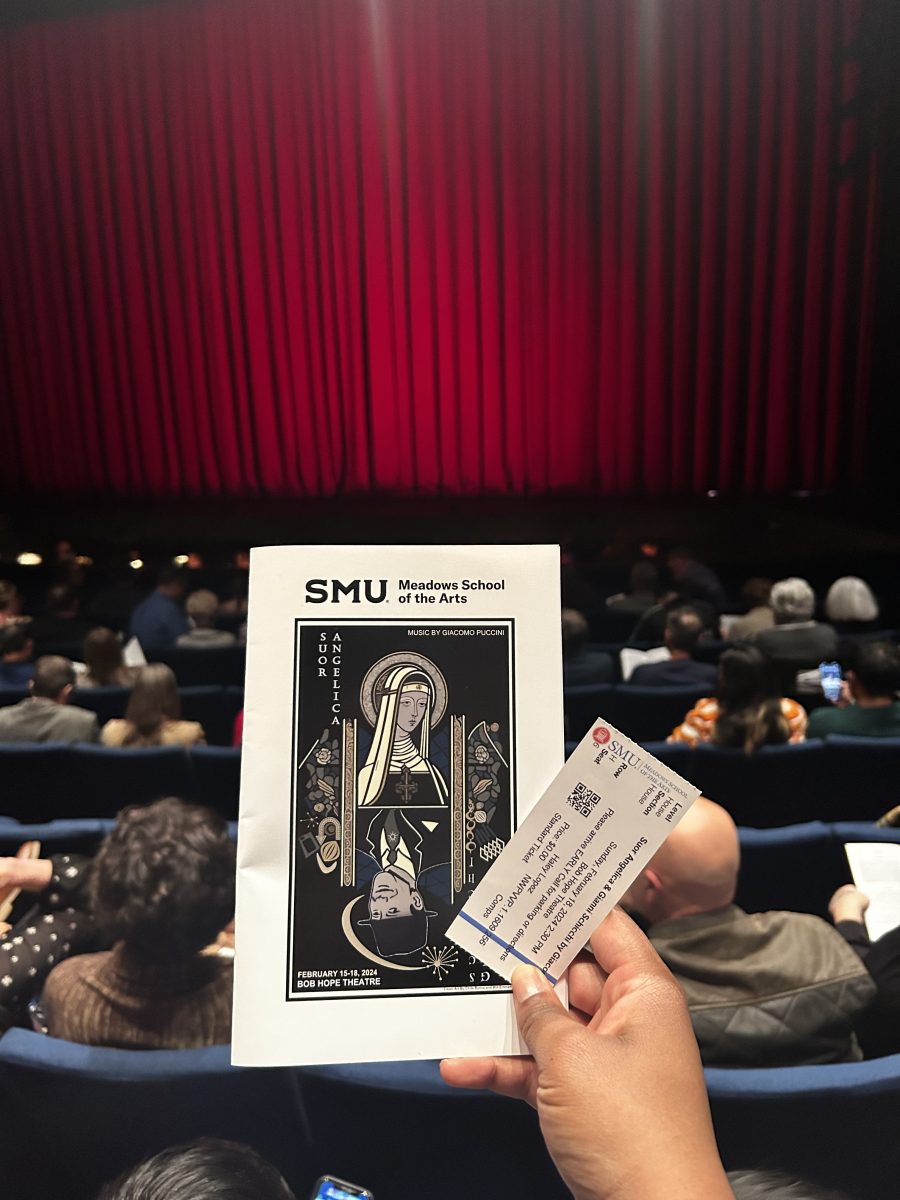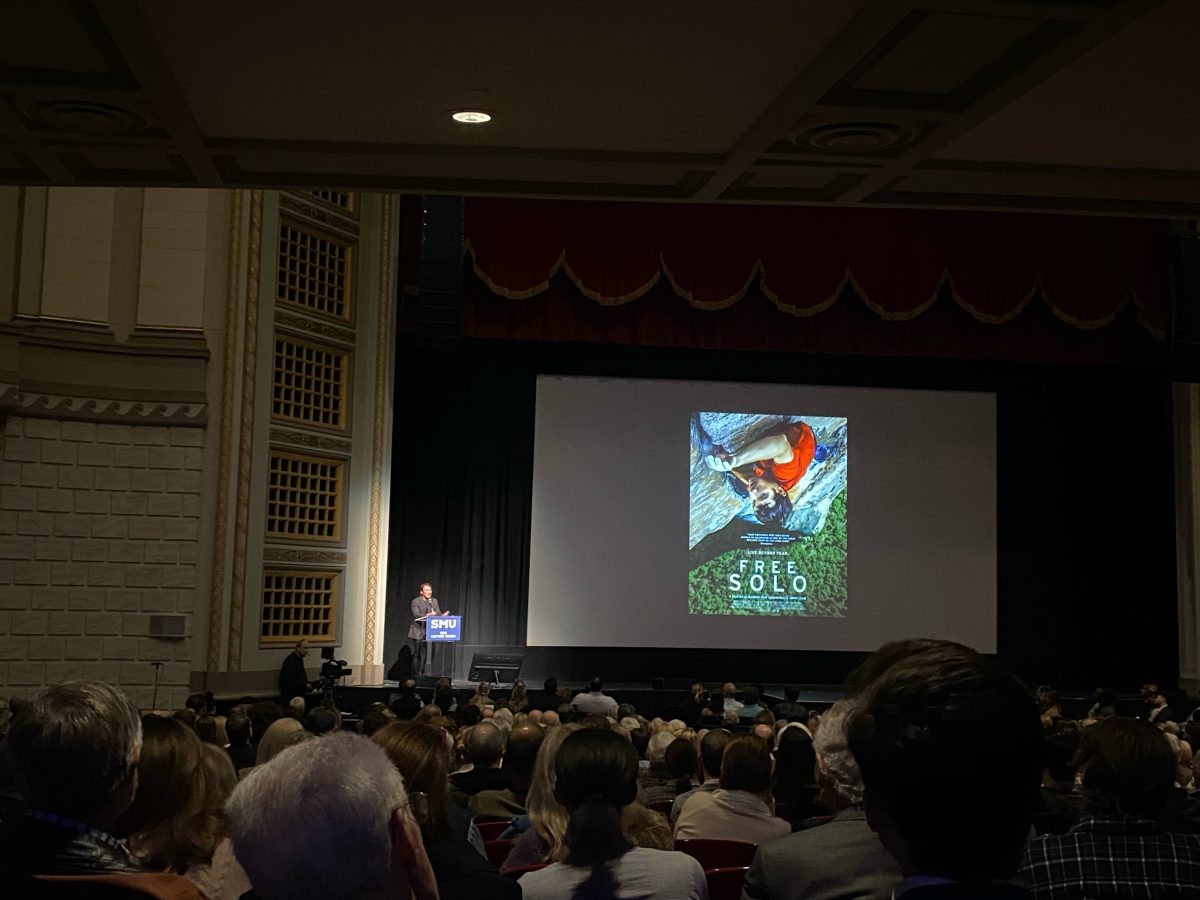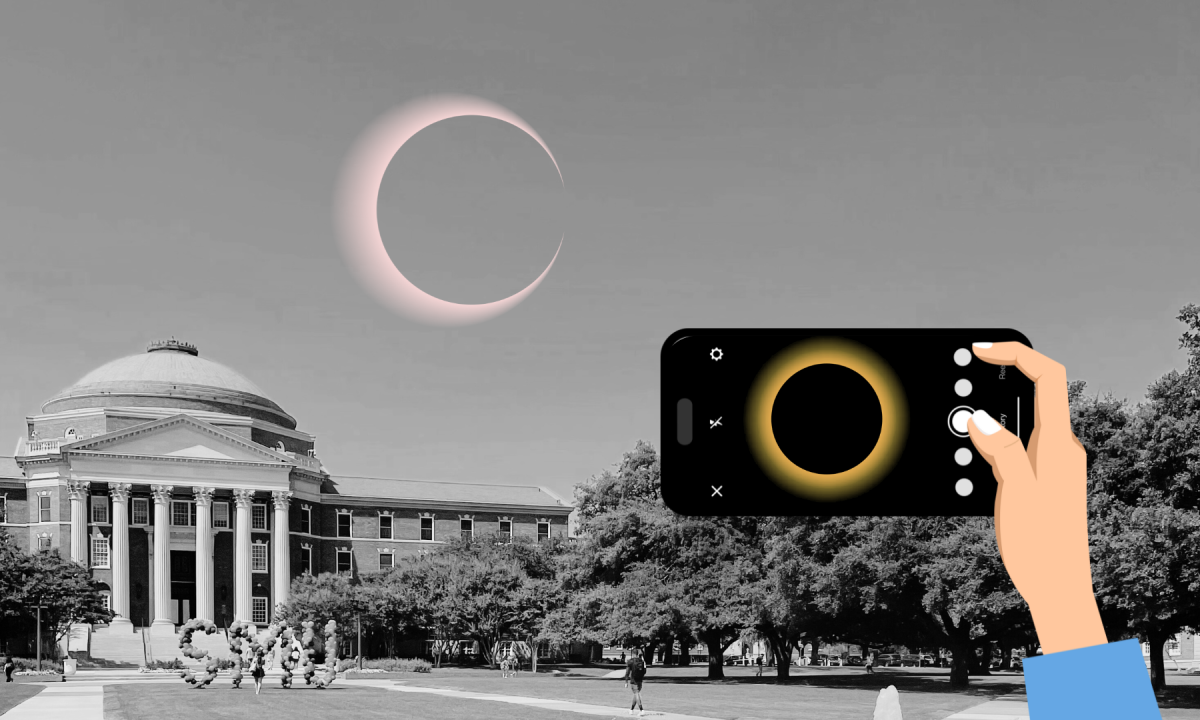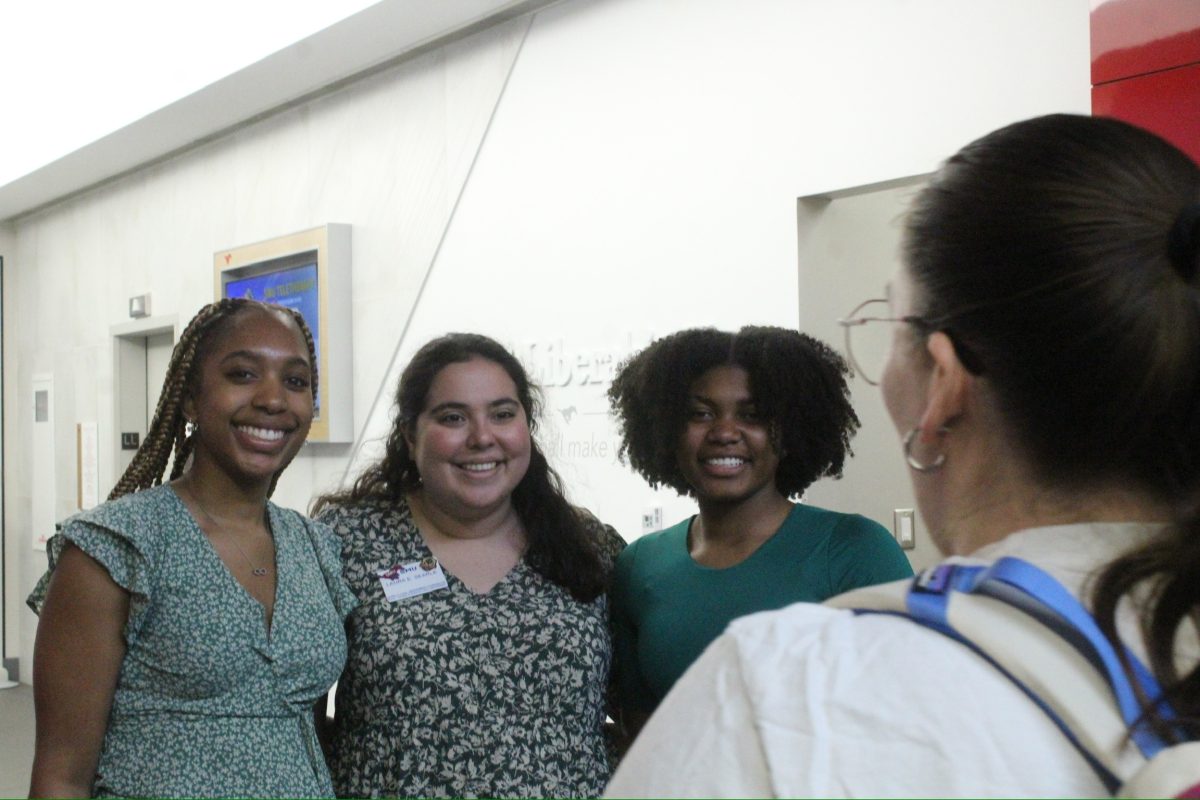Two students, strangers to each other, stand face to face. They feel awkward but are pushing forward. They come closer, breath baited and hands twitching in anticipation. The stage lights are hot, making the air thick. They close the distance between them, bodies intertwining. They kiss. To a viewer, it is romantic. To the participants, it’s just a part of intimacy training.
De’Anna White is one of many students who have had experiences like this. As a part of every theater student’s coursework, they are required to participate in intimacy training, a way for actors to closely interact with other actors by separating their emotions from it.
“Intimacy does not have to be intimate in theater,” White says. “For example, the director wants you to kiss your scene partner. Before intimacy training you would just kiss them, and possibly begin to crush on them. With intimacy training you use non-sexual language to choreograph the kiss.”
The choreography helps to take a lot of emotions out of the situation.
“For example, I would like to have four seconds of eye contact and close the distance between our mouths for a count of three,” White explains. “There is nothing sexual about that.”
Learning how to be sad in a scene versus how to be intimate with someone is vastly different. While it can be challenging and present unique difficulties, learning how to be intimate ultimately helps prepare theater students for life and career after graduation.
Professor Kara-Lynn Vaeni oversees intimacy training for the SMU theater department.
“Professor Vaeni is passionate, knowledgeable, intentional and creative,” says senior theater student Sinan Beskok. “She is also very clear on her process for intimacy, allowing her to successfully train the theatre student body in the span of a few hours.”
Intimacy training is still relatively new, with most people becoming aware of it only recently. For example, Netflix’s Bridgerton used an intimacy coordinator and led to a Saturday Night Live skit that satirized the role of intimacy coordinators. Other shows, like HBO’s House of the Dragon, used an intimacy coordinator for a sex scene between actors with a nearly 30-year age gap, according to Newsweek.
The experience of intimacy training is professional and separate from actors’ personal sense of self.
“The training is designed so that you can do the uncomfortable work, and then after the rehearsal, you do your bookends,” White says.
Bookends are how actors separate themselves from their work. Taking place at the beginning and end of a scene, they are rituals that actors perform that help them to separate from themselves and step into character.
“Bookends help you to separate the intimate work you did from your actual self,” White says. “So, we are trained to walk around the space touching things as our character, saying things our character likes, and then we gradually transition to what we like by finding what our character and I have in common.”
Sophomore theater student Dylan Hudson says the discussions that take place before the actual intimacy training are what he most enjoys.
“Before starting any intimate work between two actors, both actors must state what their boundaries are for that day,” Hudson says. “This is a very simple yet important piece that makes sure that no one gets hurt.”
While intimacy training can be challenging for young actors, most of them view it as a positive and important experience. For instance, different classes in the theater school take intimacy training with each other so they can work with students they don’t know as well.
“This was very useful considering in the professional world you will be asked to tackle intimate scenes with someone you might have met just a few weeks ago,” Hudson says.
While training with strangers can be professionally helpful, it can present its own difficulties.
“Intimacy training with people I don’t know can be a little awkward at first,” senior theater student Laura Scott Cary says. “People’s boundaries and bodily autonomy don’t always get respected in artistic spaces. It’s been refreshing to have a shared vocabulary and set of guidelines that everyone in the department understands, so that everyone can move forward together and hopefully avoid disempowering and uncomfortable rehearsal environments.”
The experience also helps give actors more power within their work.
“Intimacy training is a tool for actors to have agency in their work,” White says. “It protects actors from directors and producers who do not care about the actor’s body or how it is used.”
Intimacy training, while challenging or awkward at times, is a vital part of any young actor’s journey.
“I am grateful to have intimacy training because I truly don’t think that I could have stayed in the industry without compromising myself or who I am,” White says.









